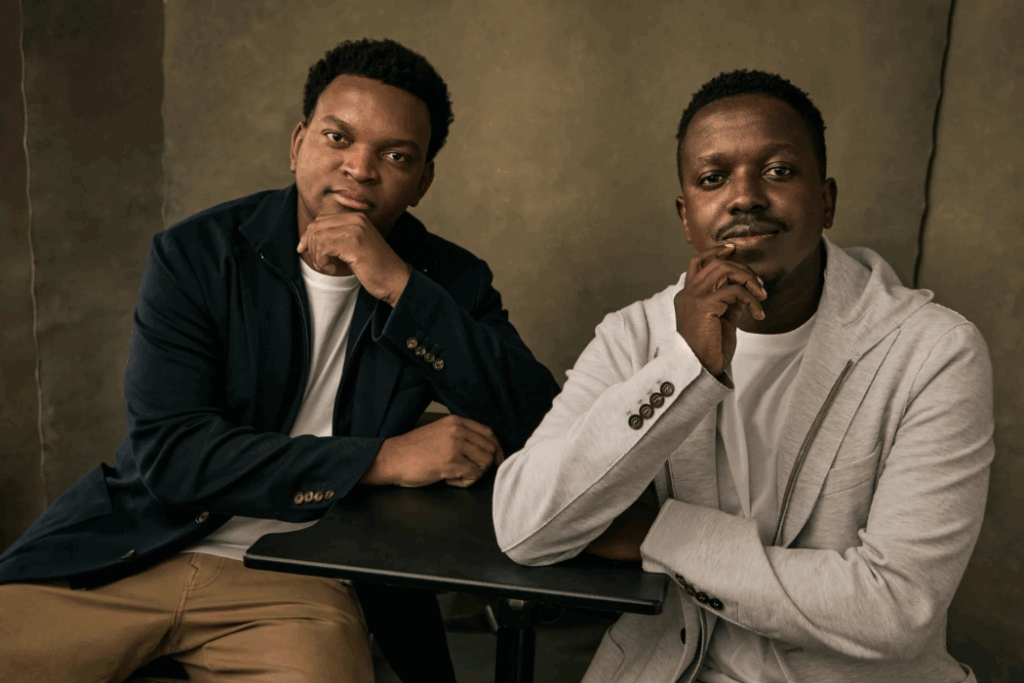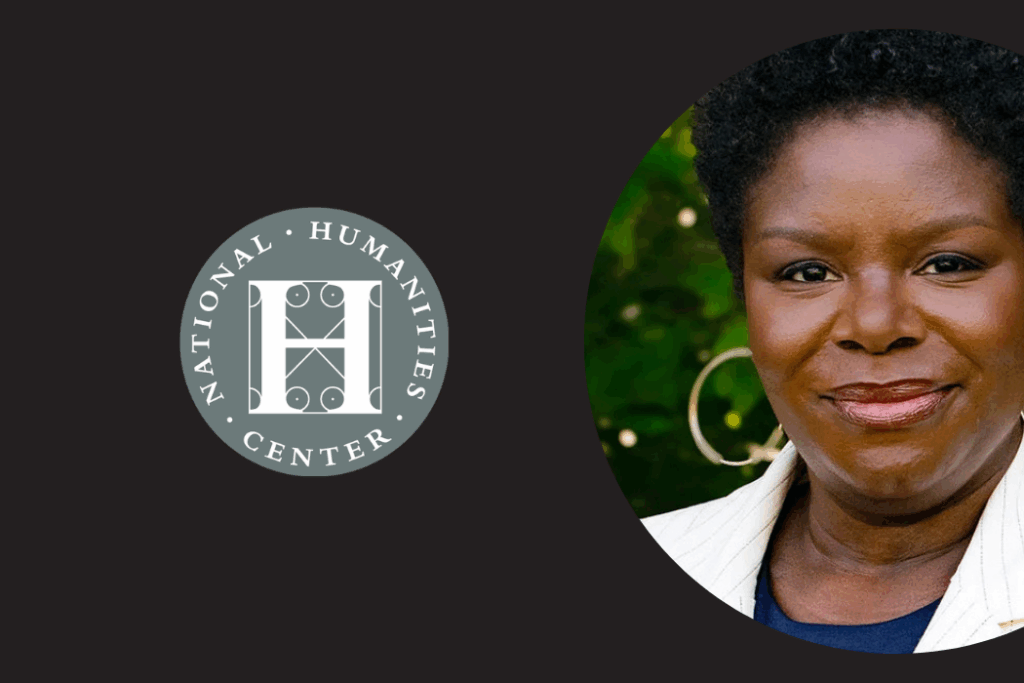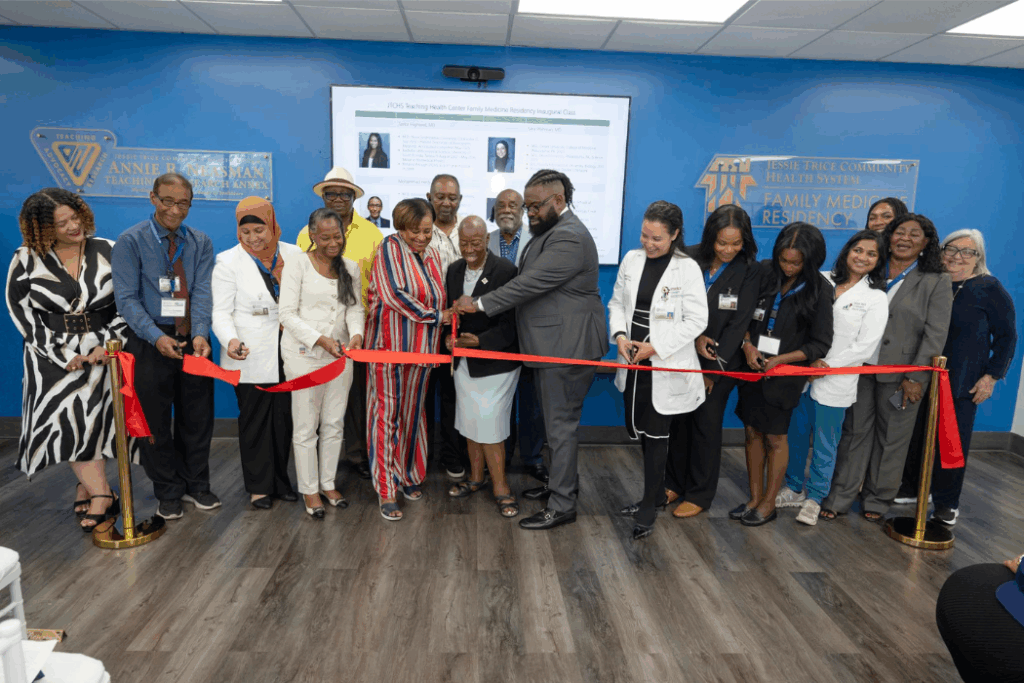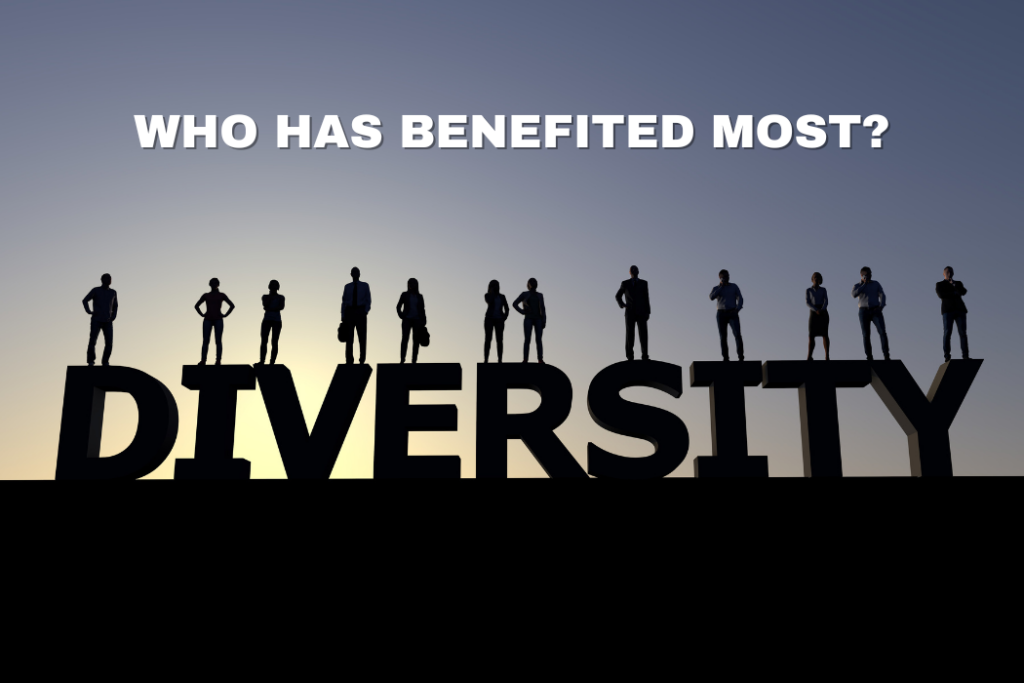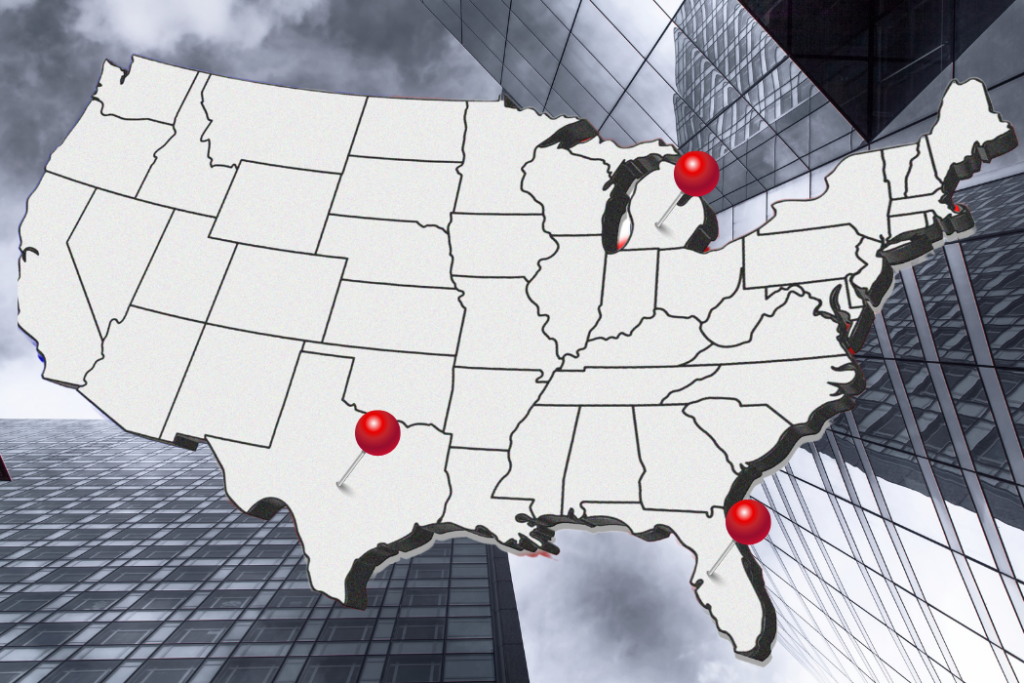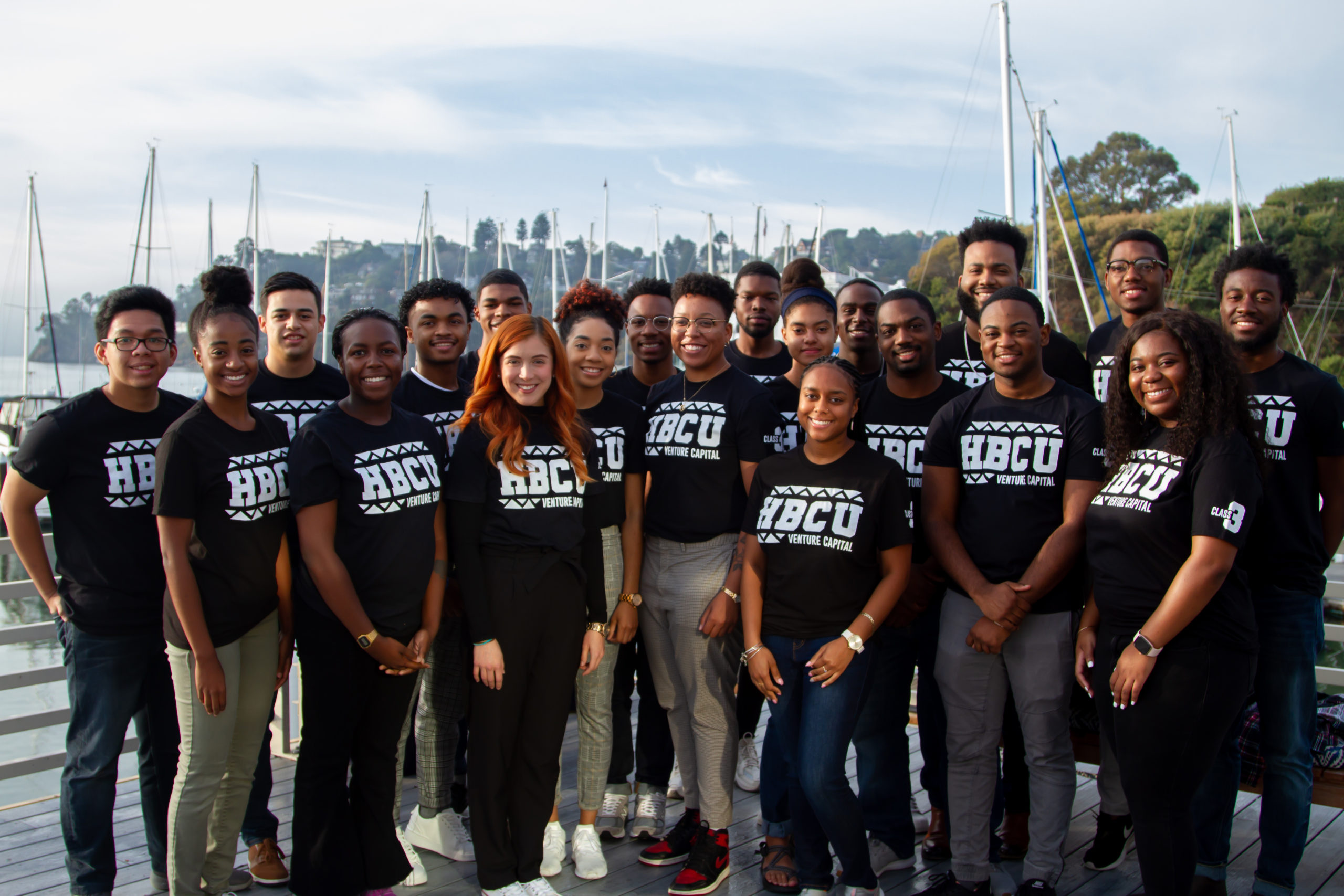
HBCU.vc is working with historically black colleges and universities and Hispanic-serving institutions to increase diversity in venture capital.
Although there has been a growing trend to diversify the venture capital (VC) world, oft-cited statistics indicate that there continues to be a gap in who receives funding. In an effort to “shift these trends towards equity, non-profit HBCUvc is a fellowship program providing Black and Latinx students with training and mentorship in venture capital.
The organization works with students attending historically black colleges and universities (HBCUs) and minority-serving institutions to teach them the fundamentals of venture capital and entrepreneurship, basically preparing them to become future venture capitalists.
According to Deloris (Dela) Wilson, head of Impact and a Spelman College graduate, HBCUvc’s overall mission is to foster the development of “inclusive innovation economies.”
“We leverage the training and the students, themselves, to support entrepreneurs on campus. So, in that, our students become ecosystem builders. They’re not only finding the entrepreneurs, but they’re connecting them to resources, they may even be coaching them. They may invest in them. They’re using this knowledge that they gain from the program to immediately implement on their campus,” she explains.
Founded in 2017, HBCUvc is the brainchild of software engineer and HBCU graduate Hadiyah Mujhid, who is also the founder of Black Founders, a network of successful technology entrepreneurs across the globe, who are seeking to build the relationships and networks necessary to build economic power. Through her work with Black Founders, Mujhid continuously noticed that lack of funding for minority tech entrepreneurs of color was often the reason for their businesses’ lack of viability. Mujhid reasoned that if more minority entrepreneurs received funding, “they could run sustainable businesses and create more jobs in their communities.” So, she set out to increase the number of minority VCs which could, subsequently, increase the number of minority entrepreneurs who receive funding for their companies.
Students participating in the program go through a series of in-person clinics, virtual webinars, summit mentorships, and internships over the course of two years. When they graduate, they become senior fellows but stay within the HBCUvc network.
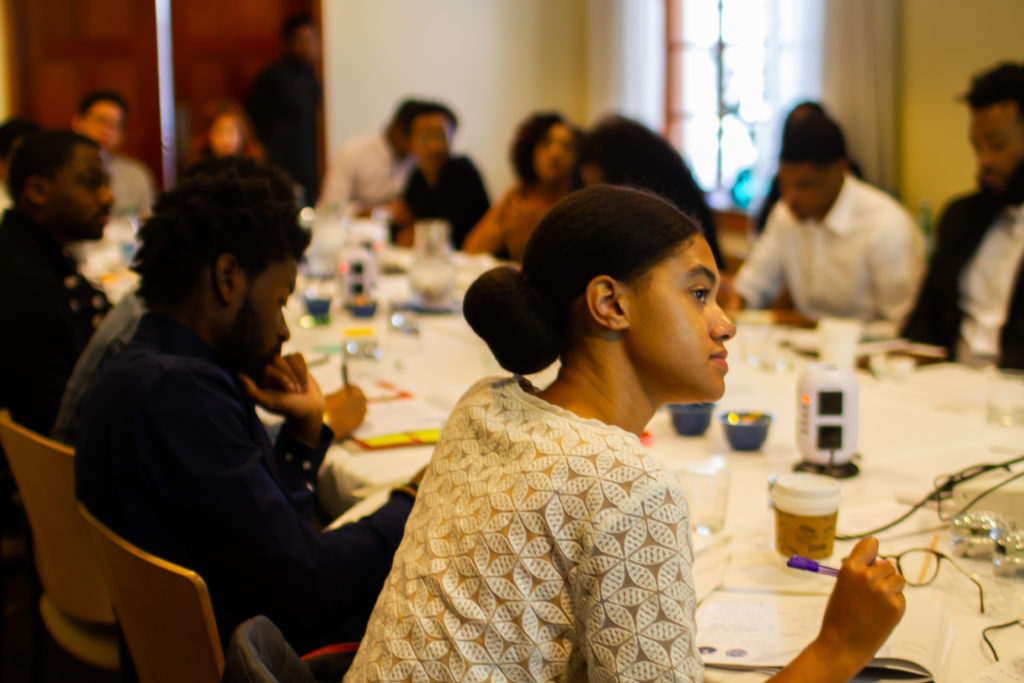
“We recognize that there’s a long pipeline into VC. We’re dealing with college students who may not formally become an investor for some time. So, there’s a number of different ways that they can enter this industry. And, we know that [VC] is rooted in relationships. Not only do we have to teach them how to cultivate those relationships, we’re in the work of maintaining those relationships. So, we keep them in a network,” Wilson says.
As a result of the continued professional support from the organization, graduating fellows return and help the current class, creating what Wilson calls “community-based support around building an inclusive economy.”
The organization is currently working with its third class of fellows at 10 HBCUs. Since its inception, HBCUvc has supported over 85 students through its formal fellowship program, and several ad hoc programs.
One benefit that comes from Mujhid’s involvement in Black Founders is the network of VC experts the organization is able to pull from who understand the cultural nuances the fellows need. At a retreat last November, fellows learned about the success and prosperity of African American entrepreneurs in Tulsa Oklahoma’s Black Wall Street and historic Auburn Avenue in Atlanta.
“In order to understand what an inclusive innovation economy is, they’ve got to understand that we’ve done this before. We’ve had centers of economic activity where we are buying from one another, investing in one another, building each other’s businesses. Now that has been diffused and fragmented for a number of reasons, but we can do that again in the technology space, because that’s where the world is moving. We ground them in that.” Wilson says.
Recently in response to the COVID-19 pandemic, the organization conducted an online survey and organized video conferences to capture students’ concerns. Based on student feedback, the organization launched an online platform to “both nurture and inform.” HBCU at Home hosts resources, opportunities and a student relief fund, issuing up to $600 to students who need it most. The organization received over 550 requests for emergency relief across 53 HBCUs and 32 non-HBCUs within one week of the fund’s launch.
To donate to the Student Relief Fund, visit www.hbcuathome.com.
Learn more about HBCU.vc – www.hbcu.vc
Photos courtesy of HBCU.vc

